
The purpose of your fuel pump is fairly self-explanatory. The part pumps fuel from the tank into the engine, so if it’s not working correctly this can be problematic. It should run for thousands of miles, but like all parts after time it becomes increasingly prone to failure. To avoid being stranded 200 miles from home, watch out for the following problems:
Table of contents:
Symptoms of a Faulty Fuel Pump
Splutters
One of the best indicators of impending fuel pump failure is a spluttering engine that’s struggling for power. This is due to the pump failing to supply a fuel at the proper pressure to feed the hungry engine.
You’ll first notice this at high speeds with the car jerking suddenly and then resuming its normal performance. Don’t simply pass it off as a faulty spark plug, as if you ignore this sign the engine might not work properly.
Rising Temperature
Your car’s temperature can help predict fuel pump problems, so always keep one eye on the gauge. If you see the heat rising accompanied by the car stalling, this could mean that the fuel pump motor is struggling. One way to check this further is that if the car stalls again after restarting with the clutch properly engaged, then this is a clear sign the part is malfunctioning and may need replacement fuel pump.
Loss of Power
Notice your car losing power in stressful situations such as hill climbing, towing or accelerating? A weakened fuel pump simply won’t be able to feed the engine properly, and a disrupted flow of petrol or diesel means that the pistons will not get filled to the operational level.
Be aware that this problem could also point to a faulty oxygen sensor or deeper problems within the engine, but if your car has some serious miles on the clock then it’s more likely to be down to the fuel pressure regulator or fuel lines.
Surging
A faulty fuel pump supplies an inconsistent stream of fuel, which not only means a lack of performance, but also that your engine might receive too much petrol or diesel at any given moment, resulting in surges. If your car feels like the accelerator pedal has been depressed randomly when you’re cruising this is a danger sign. The culprit is normally irregular resistance within the part due to ongoing fatigue and wear.
Whining Noise coming from the Fuel Tank
An early indication that the fuel pump is suffering is a loud whine emanating from the area of the fuel tank. The fuel pump is not a silent part, and will usually produce a quiet buzz or hum when it’s working efficiently, however if this increases to a noticeably audible volume then you have a problem.
Check there’s enough fuel and that your fuel is not contaminated as this can also cause noises, and you find such problems then you may well be looking at a damaged pump.
Difficulty Starting your Car
If you know the battery is fully charged and you can hear the starter firing, but your car is still straining to start, then the chances are that the engine is turning over but suffering from a lack of fuel from the pump.
Because this part runs continually when the ignition is engaged, a weakened pump will fail to give the engine the fuel it needs to get going. If you’re experiencing this problem, then do a little detective work to check faulty spark plugs and replace if needed. However, if these are working normally then you can safely assume your pump is failing.
Other Factors to Beware
In addition to the main warning signs, these red flags can also indicate problems with fuel pump performance:
- Decreased mileage – if the pump’s relief valve is damaged then the engine could be over-supplied with fuel resulting in fewer miles to the gallon.
- Fuel pressure gauge –whilst a friend revs the engine, check the value on the gauge against the figure in the owner’s manual. Anything less than the listed value, means there is a loss of pressure coming from a weakened pump.
- Premature spark plug failure – intermittent fuel supply from a faulty pump can put pressure on other systems in the engine, causing your spark plugs to stop working long before their time.
- Turbocharger issues – if the turbocharger seems to take longer than normal to fill with air, this could be down to a problem with the fuel pump.
- Abrupt engine shutdown – if you notice the engine seemingly stopping at random times or it won’t start properly, get it to the garage to have the pump checked out.
- Engine timing – car regularly misfiring and backfiring? Problems with the timing are a good way to confirm your suspicions about a failing fuel pump when accompanied by other symptoms.
- Check engine light comes on – in modern cars the fuel tank pressure sensor will detect issues with the fuel pump, notifying the ECU and resulting in the check engine light illuminating.
- Black smoke from the exhaust – non-diesel cars should never expel black smoke. If you’re noticing off colour fumes coming from your petrol-powered car, then this is another additional indicator of fuel pump failure.
And Finally
It’s equally important to protect your fuel pump from premature wear. Avoid using cheaper fuel to power your car as this can have impurities that will wear the pump out before its time. And running the car on low or near empty fuel will cause additional stress on this vital part.

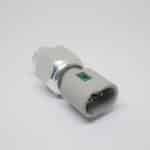

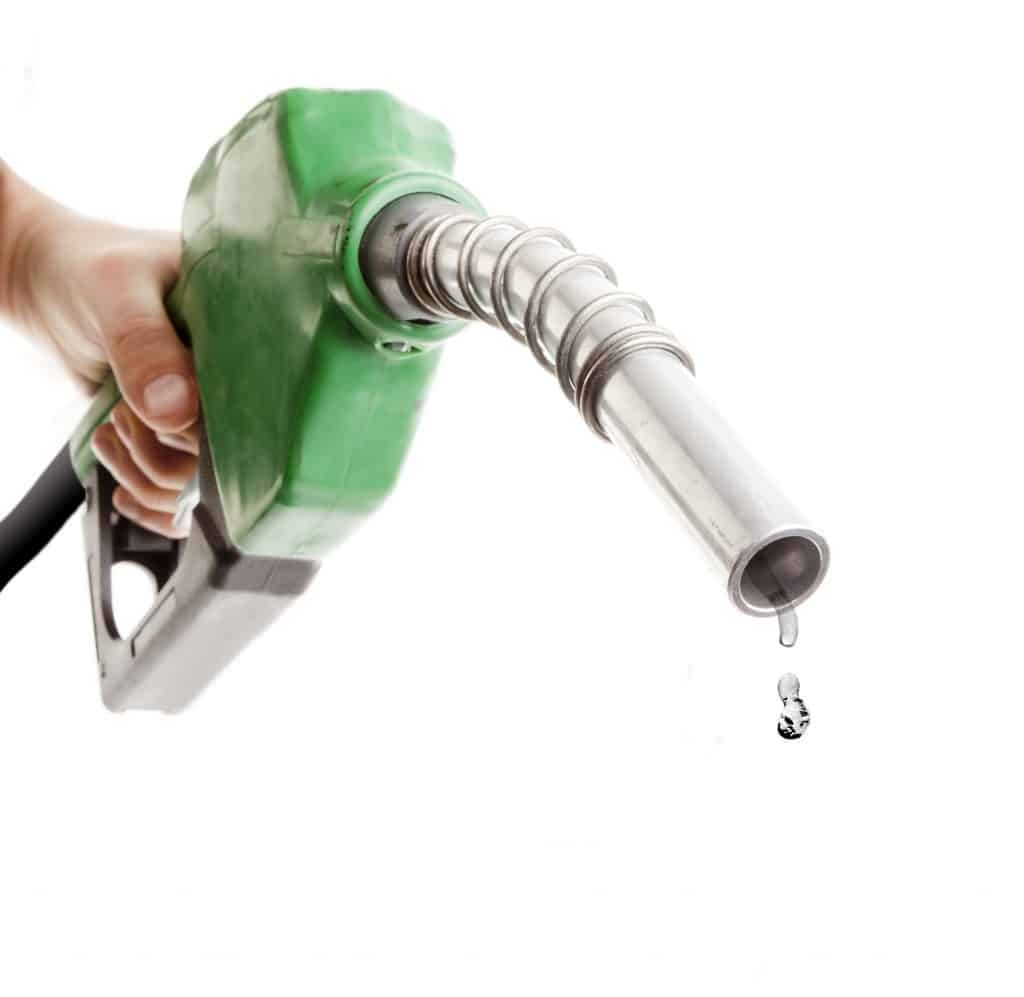
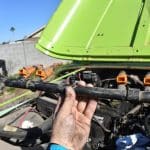
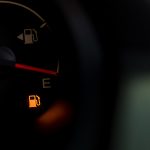
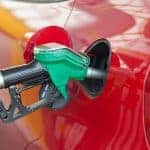
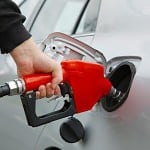
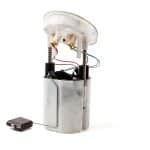


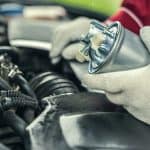
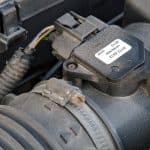
.png)